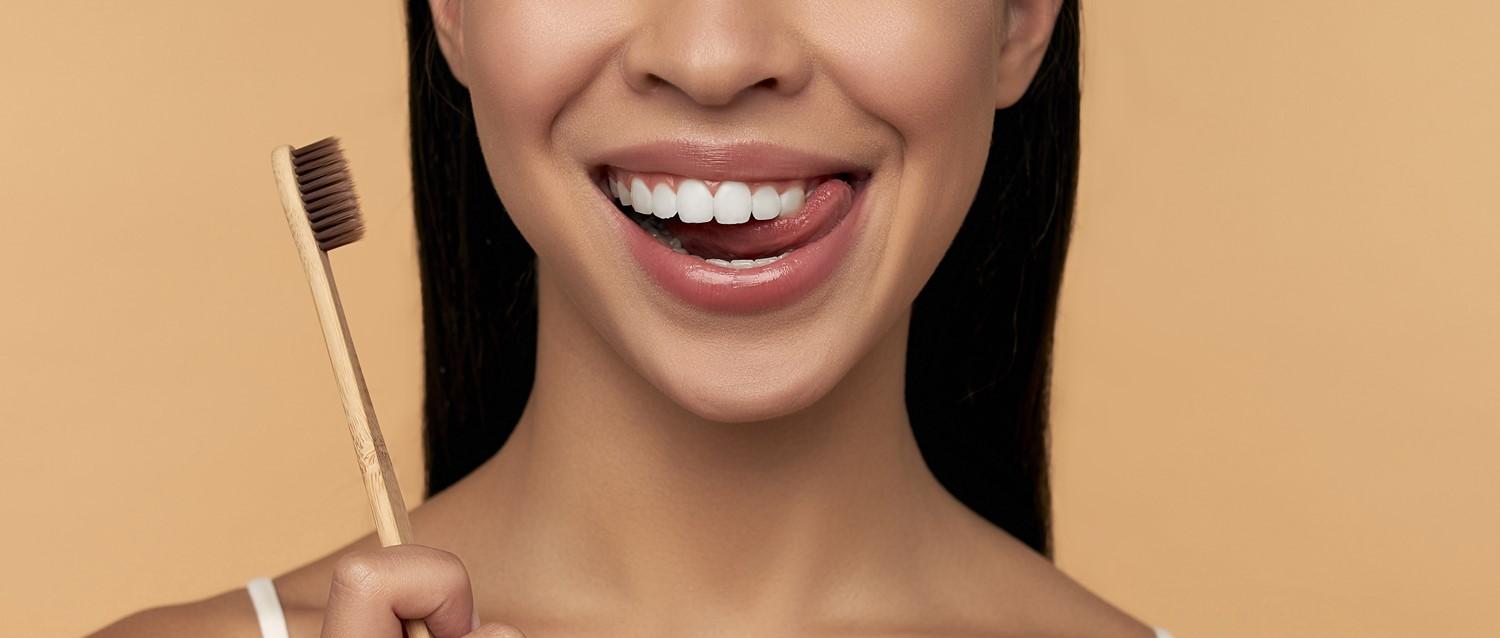
Comment les Britanniques ont-ils négligé leur santé bucco-dentaire pendant la pandémie ?
Peer reviewed by Dr Sarah Jarvis MBE, FRCGPLast updated by Emily Jane BashforthLast updated 27 Jan 2022
- TéléchargerTélécharger
- Partager
New research reveals 1 in 3 Brits have let their oral health slip since the start of the pandemic, driven by a lack of routine and other health-related issues taking priority over looking after their teeth and gums.
Dans cet article :
Poursuivre la lecture ci-dessous
What has the pandemic done to our oral health?
A recent national survey of dentists saw 82% report an increase in the number of patients they are seeing that require fillings following the pandemic.
All of the dentists surveyed reported an increase in common oral health issues across the board including:
Severe plaque build-up.
Maladie des gencives.
How can we get back on track with oral health in 2022?
As we enter another year of disrupted routines, it's important to spend time maintaining our oral health - not only for good oral hygiene but also because of the links this has to our overall health.
From this study, the following stats identified the effect of the pandemic on our oral hygiene
29% of Brits agree they have let their general oral health slip over the last 20 months.
More than 1 in 4 no longer floss.
29% agree they weren't taking proper care of their oral health during lockdown periods.
36% said the lack of routine meant they often forgot to brush their teeth.
28% said they had other health-related issues on their mind, so their oral health was not a priority.
Research suggests the oral health of the nation has declined over the course of the pandemic. Most Brits are saying they abandoned their oral health during various stages of lockdown as they adapted to the shift in normality. A change in people's daily routines, driven by lockdown and working from home, seems to be the cause of oral care routines being neglected.
Dr Alex George and leading dentist Dr Monik Vasant want to help people recognise the importance of looking after their mouths. This comes as 20% of Brits admit they only brush their teeth once a day and 22% have gone for more than three days without brushing at all.
Dr George wants to encourage good oral health habits as a way of improving your general health.
This follows the survey finding a low awareness of the link between oral health and overall health. Almost 28% of participants were unaware that oral conditions can lead to wider health conditions.
"Your mouth is a gateway to your overall health. Dental issues such as gum problems have been linked with health issues including type 2 diabetes, cardiovascular disease, respiratory disease and even dementia, which is why it's so important to include looking after your mouth as part of a wider health routine," says Dr George.
Choix des patients pour COVID-19

Poitrine et poumons
COVID-19 : les enfants peuvent-ils tomber gravement malades à cause d'un coronavirus ?
Si les personnes âgées et celles qui ont des problèmes de santé sous-jacents sont plus exposées à des complications graves dues au COVID-19, les enfants peuvent toujours attraper le coronavirus et tomber malades. Voici comment les parents peuvent les protéger.
par Natalie Healey

Poitrine et poumons
Long COVID
La plupart des personnes atteintes d'une infection à COVID-19 (infection à CoV-2 du SRAS) se sentent mieux au bout de quelques jours ou semaines et se rétablissent complètement dans les 12 semaines suivant l'infection. Cependant, certaines personnes présentent des symptômes qui persistent pendant des semaines, des mois ou plus longtemps, ce qui est généralement appelé "COVID long". Pour certaines personnes, ces effets à long terme de COVID-19 peuvent être débilitants. Ces effets peuvent être très différents d'une personne à l'autre, et il semble probable qu'il existe différents "types" de COVID longue, ou différents syndromes, qui peuvent se comporter de différentes manières.
par le Dr Doug McKechnie, MRCGP
Dr Vasant is urging patients to prioritise their oral care routines at home and return to the dentist for regular oral care check-ups once COVID-19 guidelines allow.
Almost half of Brits, 43%, admit they haven't been to the dentist since before the pandemic hit in March 2020.
"The social factors surrounding the pandemic, such as lockdown and home working, have led to a decline in many people's oral health. People don't realise that not brushing your teeth twice a day, even just for two weeks, can result in a build-up in plaque that can have a lasting impact. We're seeing this play out with the increase of patients presenting with gum disease and tooth decay," he shares.
To get back on track with your oral health, Dr George and Dr Vasant are encouraging people to:
Brush twice a day for two minutes.
Change your brush or brush head every three months.
Clean in between your teeth.
Use fluoride toothpaste with antibacterial ingredients to look after your whole mouth, not just your teeth.
Dr Vasant adds: "A healthy body starts with a healthy mouth, and growing an understanding about this is essential to encourage a return to better oral hygiene routines. Good oral health begins at home, not in the dentist's chair."
Historique de l'article
Les informations contenues dans cette page ont été évaluées par des cliniciens qualifiés.
27 Jan 2022 | Dernière version
27 janv. 2022 | Publié à l'origine

Demandez, partagez, connectez-vous.
Parcourez les discussions, posez des questions et partagez vos expériences sur des centaines de sujets liés à la santé.

Vous ne vous sentez pas bien ?
Évaluez gratuitement vos symptômes en ligne